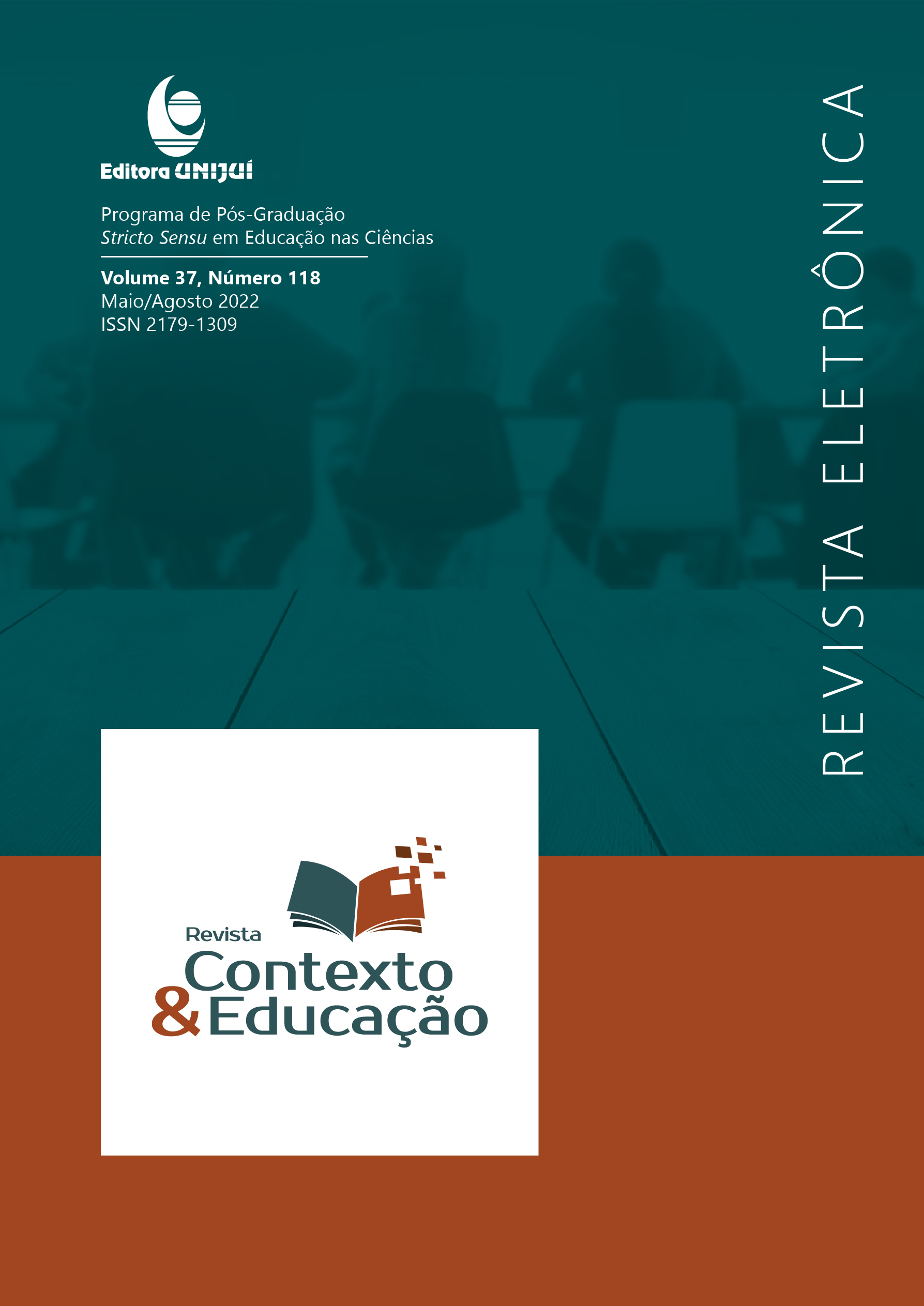“Be Careful, Don't Fly Too Close to the Sun”: Considerations For Working Life Project With Brazilian Youth
DOI:
https://doi.org/10.21527/2179-1309.2022.118.12703Keywords:
Projeto de vida, subjetividades, juventudes, psicologia educacionalAbstract
The New High School institutes the Life Project as a mandatory part of the school curriculum, through workshops or classes where educators and young people debate about professional, social, physical and emotional issues based on reflection on decision-making and problem solving. Working Life Project demands taking into account the notions of possibilities for each individual, who is unique and permeated by the place they occupy in society, and which must be analyzed by the professor in their practice. From the referential expansion of the concepts of adolescence, youth and the production of subjectivity, the intervention research is presented through the practices of Vocational Analysis, carried out in the extension project “Building a process of choices even when 'choosing' is not a available verb”, as an ethical and political way of working the Life Project, necessarily considering the plurality of intersectional possibilities and strengths of youth, encompassing race, class, gender, sexuality, territories. It is concluded that, from the reports brought, all life is made up of multiple factors that need to be listened to by the contemporary school - and not trying to adapt different ways of being young to unreal or intangible life projects for certain classes and ways of being.
Downloads
Published
How to Cite
Issue
Section
License
By publishing in Revista Contexto & Educação, authors agree to the following terms:
All works are published under the Creative Commons Attribution 4.0 International License (CC BY 4.0), which allows:
Sharing — to copy and redistribute the material in any medium or format;
Adaptation — to remix, transform, and build upon the material for any purpose, even commercially.
These permissions are irrevocable, provided that the following terms are respected:
Attribution — authors must be properly credited, a link to the license must be provided, and any changes made must be indicated.
No additional restrictions — no legal or technological measures may be applied that legally restrict others from doing anything the license permits.
Notices:
The license does not apply to elements that are in the public domain or covered by legal exceptions.
The license does not grant all necessary rights for specific uses (e.g., image rights, privacy, or moral rights).
The journal is not responsible for the opinions expressed in the articles, which are the sole responsibility of the authors. The Editor, with the support of the Editorial Board, reserves the right to suggest or request modifications when necessary.
Only original scientific articles presenting research results of interest that have not been previously published or simultaneously submitted to another journal with the same purpose will be accepted.
Mentions of trademarks or specific products are intended solely for identification purposes and do not imply any promotional relationship by the authors or the journal.
License Agreement (for articles published from October 2025): Authors retain the copyright to their article and grant Revista Contexto & Educação the right of first publication.


